I think it is something we have all experienced, isn’t it? Negative stereotypes.
The politically incorrect comments about certain nationalities, jokes about the mother-in-law, jokes about blondes, jokes about men – something we will all have certainly heard at some point. In fact, if you grew up in the 70’s, it would have been a regular feature on your TV each evening.
However, in 2016, we would hope that these stereotypes are not as prevalent, especially when it comes to disability, sexuality or race. Sadly I think we all know that is not the case.
 Negative Stereotypes in the world of SEND
Negative Stereotypes in the world of SEND
As parents, we have had many comments made about our sons’ autism. The joy that is Rain Man has helped to perpetuate many myths around autism; we are often asked what his talent is or if he can recall everything he has read.
We’ve also had the usual “oh but he makes eye contact so he can’t have autism” and the “all he needs is a good hiding” comments.
The whole concept of visual impairment also raises many stereotypes. “You can’t say come and ‘look’ at this” or “he won’t be able to go out one his own, will he?”
Thankfully, many of these comments are from what we call the “uneducated” people. By this, I don’t mean the people who left school without any qualifications, I mean the people who know nothing about disability or Special Educational Needs so they make assumptions.
These assumptions often come from negative stereotypes.
Negative stereotypes are learned – they are not something we are born with. We learn them from others. This is why we often hear unfiltered comments in the playground. Children will have over heard something without the social awareness that it is not ok to repeat it. This is where we have a role to encourage these children to know what is or isn’t acceptable.
However, when the comment comes from people who work with our children or are involved with our family in some way – be they practitioner, family, friend or neighbour, then the comments are much less acceptable. These people should be more aware of the impact these comments can have. The “uneducated” people think that if they heard it from someone who should know better, then it is fine for them to say it too. Like I said, we learn negative stereotypes from others.
Unfortunately, these people sometimes lack the understanding that the issue is not that you were upset by what they said but that the comment was made in the first place.
You know the type. We’ve all met them.
The people who say “I am sorry you were upset” or “it wasn’t said to upset you” instead of a clear “I am sorry, it was totally unacceptable, how can I make this right?” So basically, you walk away feeling as if you are the person in the wrong, not them.
When people say “I am sorry you were upset“, it reminds me of my children when I tell them off for bad behaviour and they say “sorry“. I always ask them “are you sorry that you did it or sorry that you were caught out and got told off?”
So here’s a few tips. When someone says “that comment was unacceptable, it helps to perpetuate negative stereotypes of disability”
- Do not apologise that they are upset by what you said – apologise that you said it.
- Do not say your comment was not meant to offend – apologise for saying it in the first place.
- Do not project the issue back to them, they are not in the wrong.
- Acknowledge that it was unacceptable.
- Remember, the best way to apologise is to change your behaviour.
Negative Stereotypes contribute to the awful reality of hate crime – something, as parents, we think about everyday. The CPS says
“Feeling and being unsafe through violence, harassment or negative stereotyping has a significant impact on disabled people’s sense of security and wellbeing. It also impacts significantly on their ability to participate both socially and economically in their communities”.
Negative stereotypes have no place in this world. Whether they are stereotypes about disability, sexuality, sex, race or any other aspect. They are not acceptable. This isn’t about being politically correct, it’s about the impact certain perceptions can have.
Raising a child with any SEN or Disability is a minefield. It means a full time role as Minister for Accountability and a steep learning curve, made more difficult by changes in Government legislation and policy on a frequent basis. We could do without the added stress of having to read flippant comments which show no consideration for the group of people they are inadvertently mocking.
It is an emotional journey and often we sit wondering whether we are being over sensitive. We stop raising concerns because we don’t want to be seen as the whinging mother. When we question ourselves, we must remember that we live this 24/7, we don’t do it for a living. Therein lies the difference. There will be many things happening in our lives which won’t appear in case notes or text books. This is why I put together my selection of Today videos:
Today – what practitioners need to know
Today – what practitioners working with VI children need to know
Today – what parents need to know
I wanted to share with people the daily things we deal with, in addition to trying to work out which way our child best fits into a system and finding time to just be mum.
So help us. Think twice before you make a comment. You may be talking stereotypes, but we hear you talking about our child.
Attitudes are the real disability, so help us by promoting positive perceptions, not negative stereotypes.
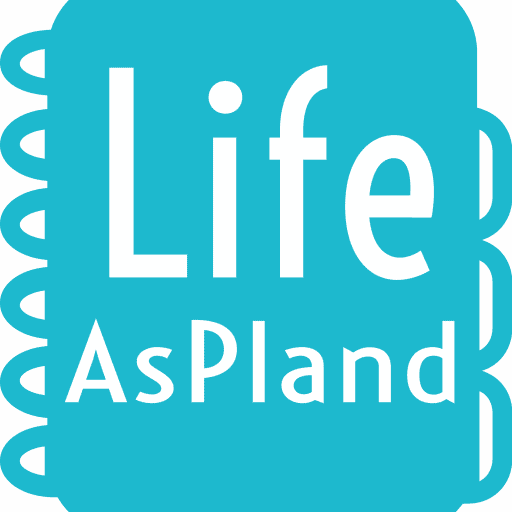
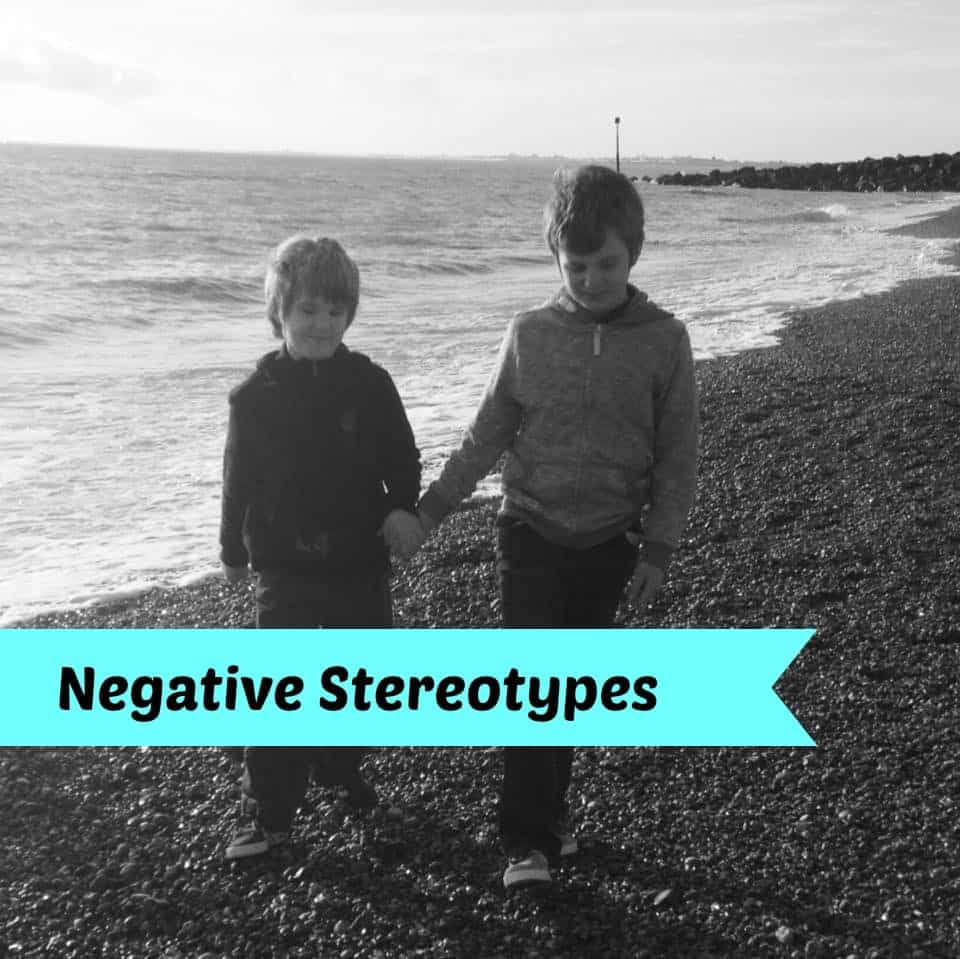
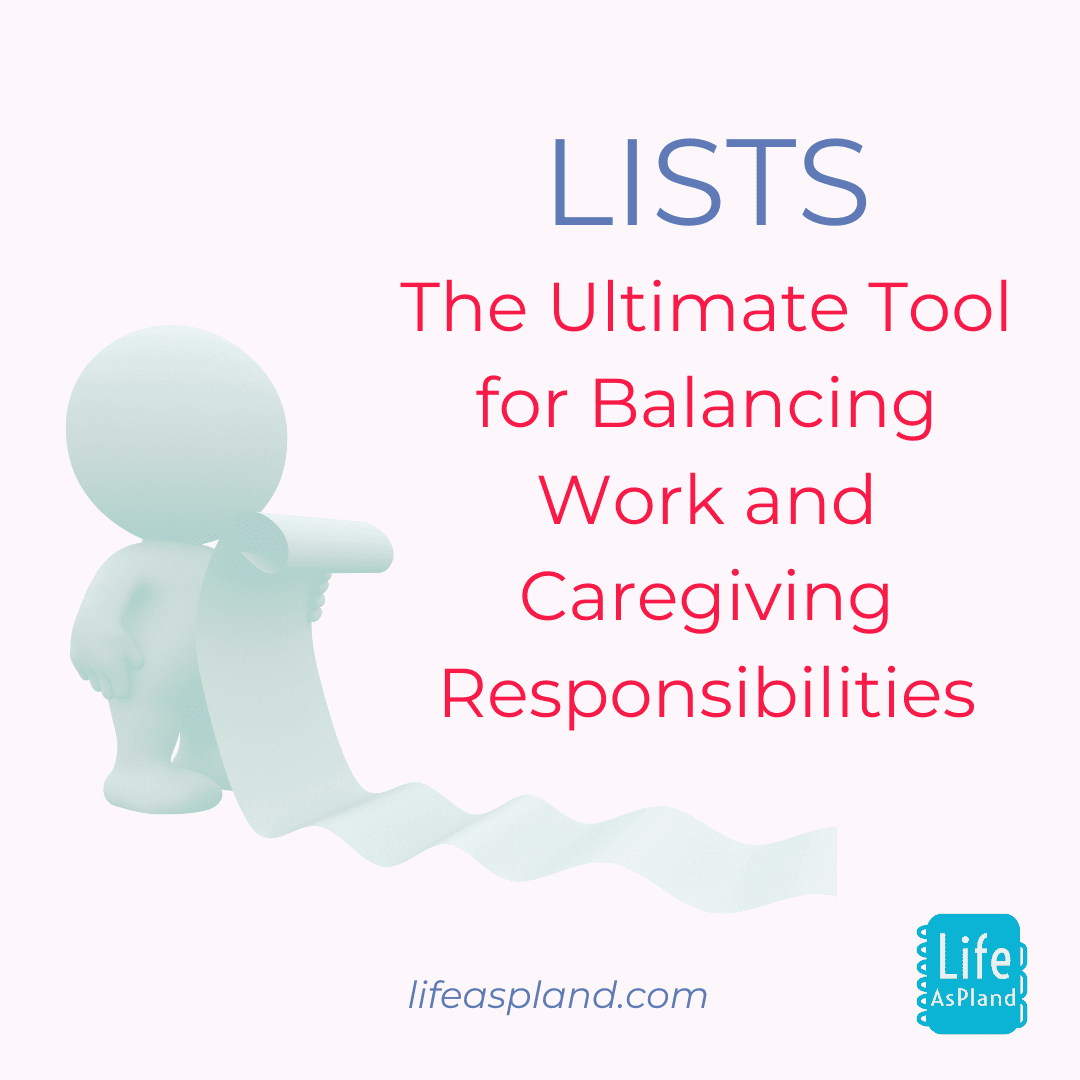
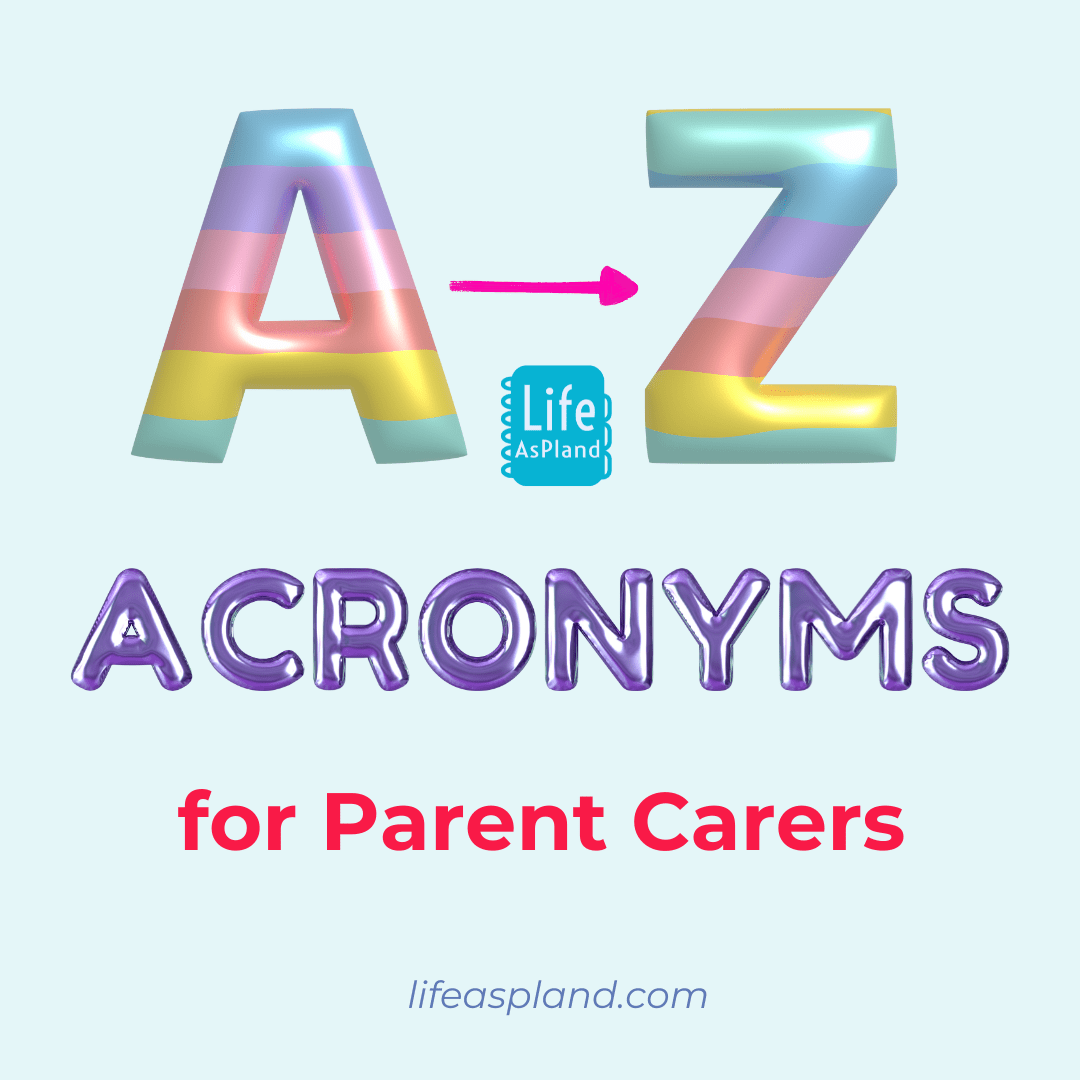
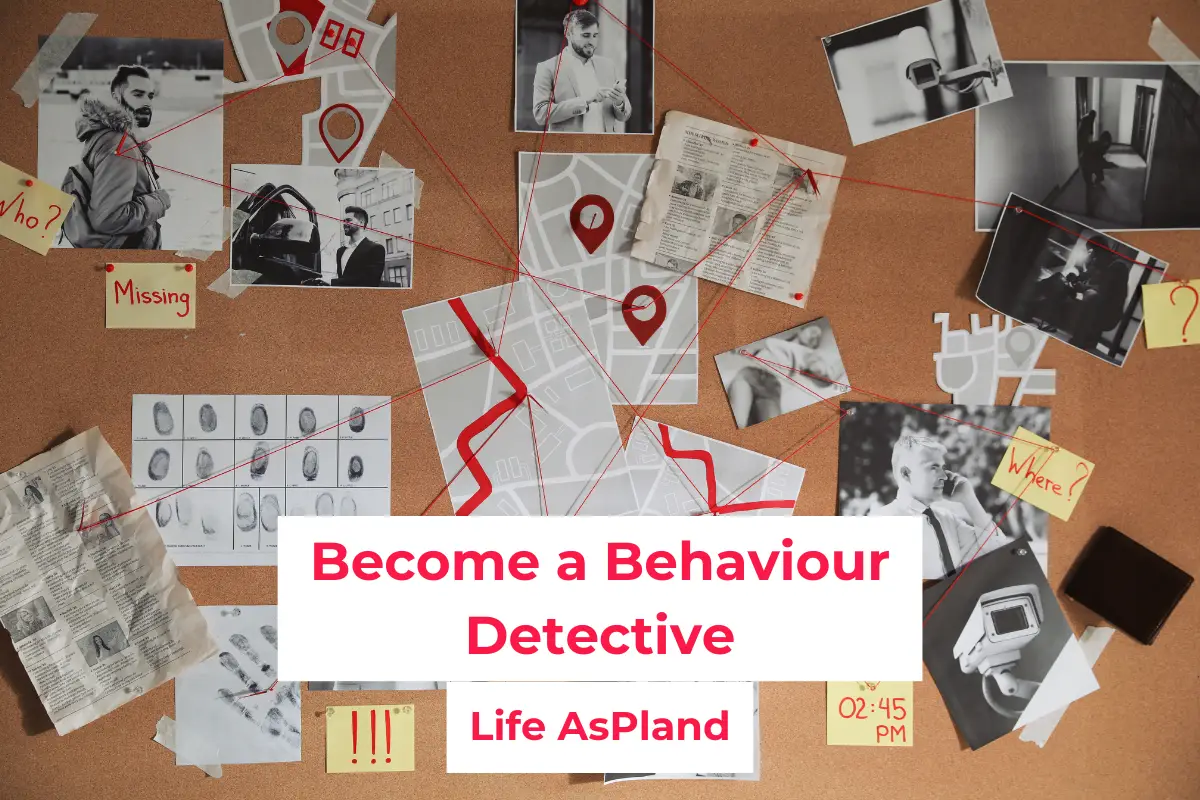


2 Comments
You’ve written the definition of how to apologise properly and so few people do it!